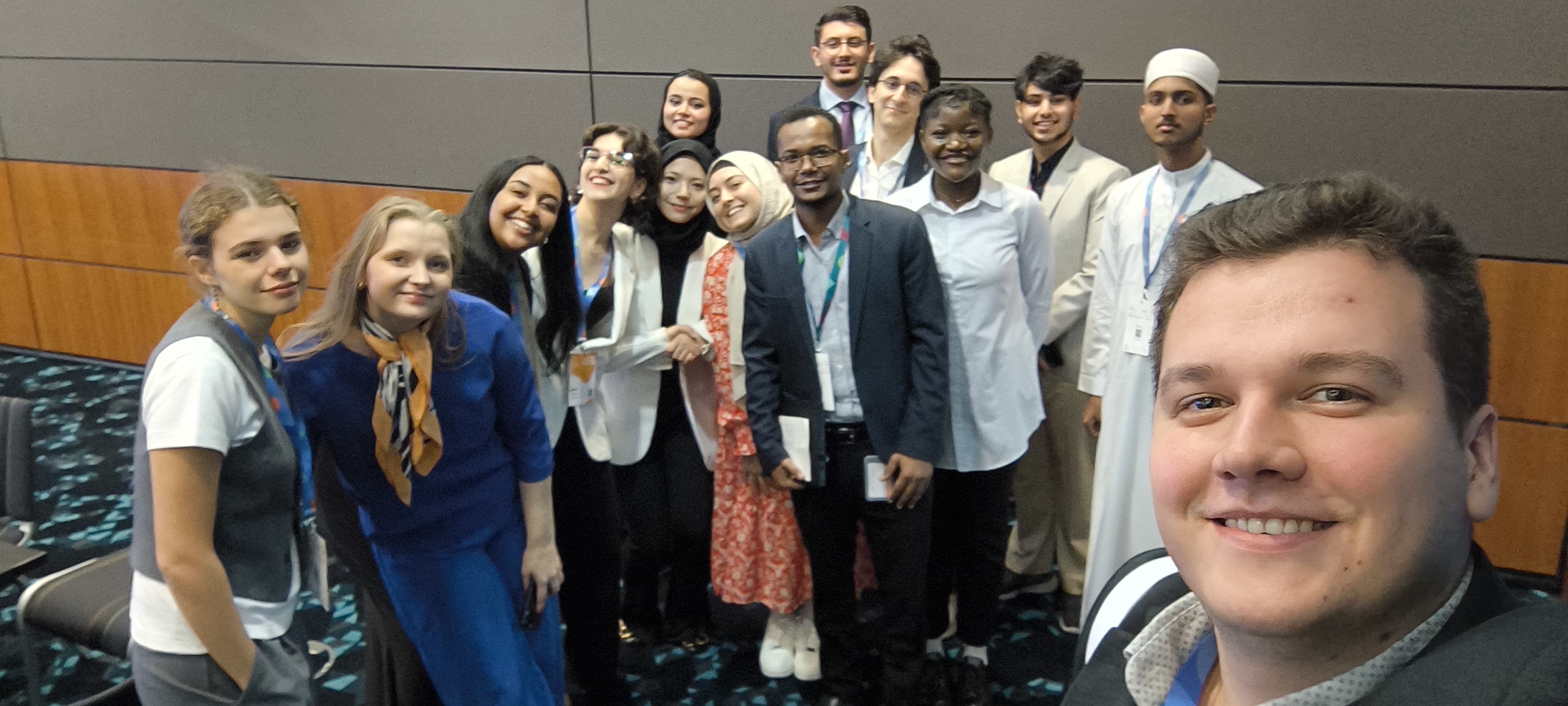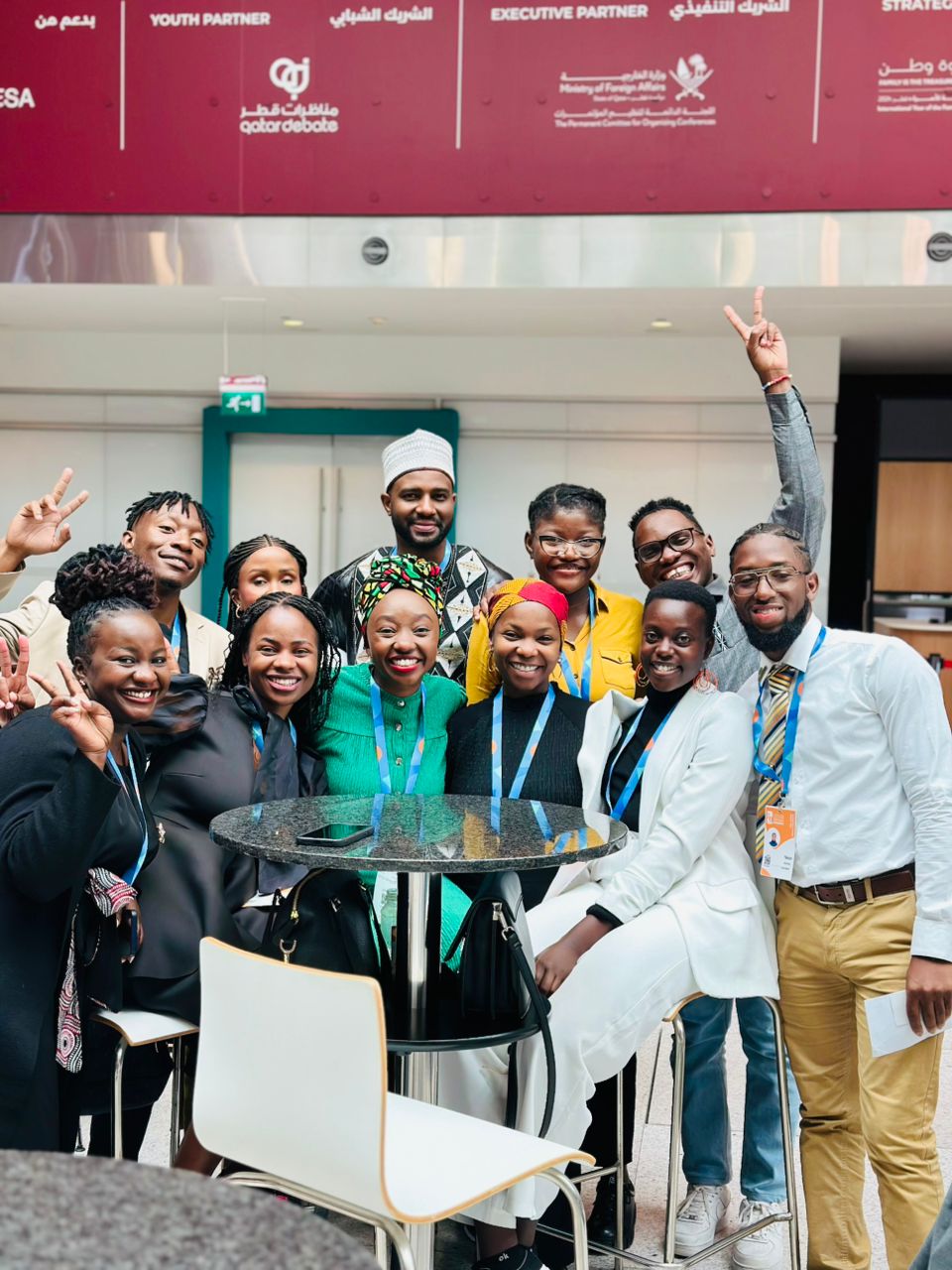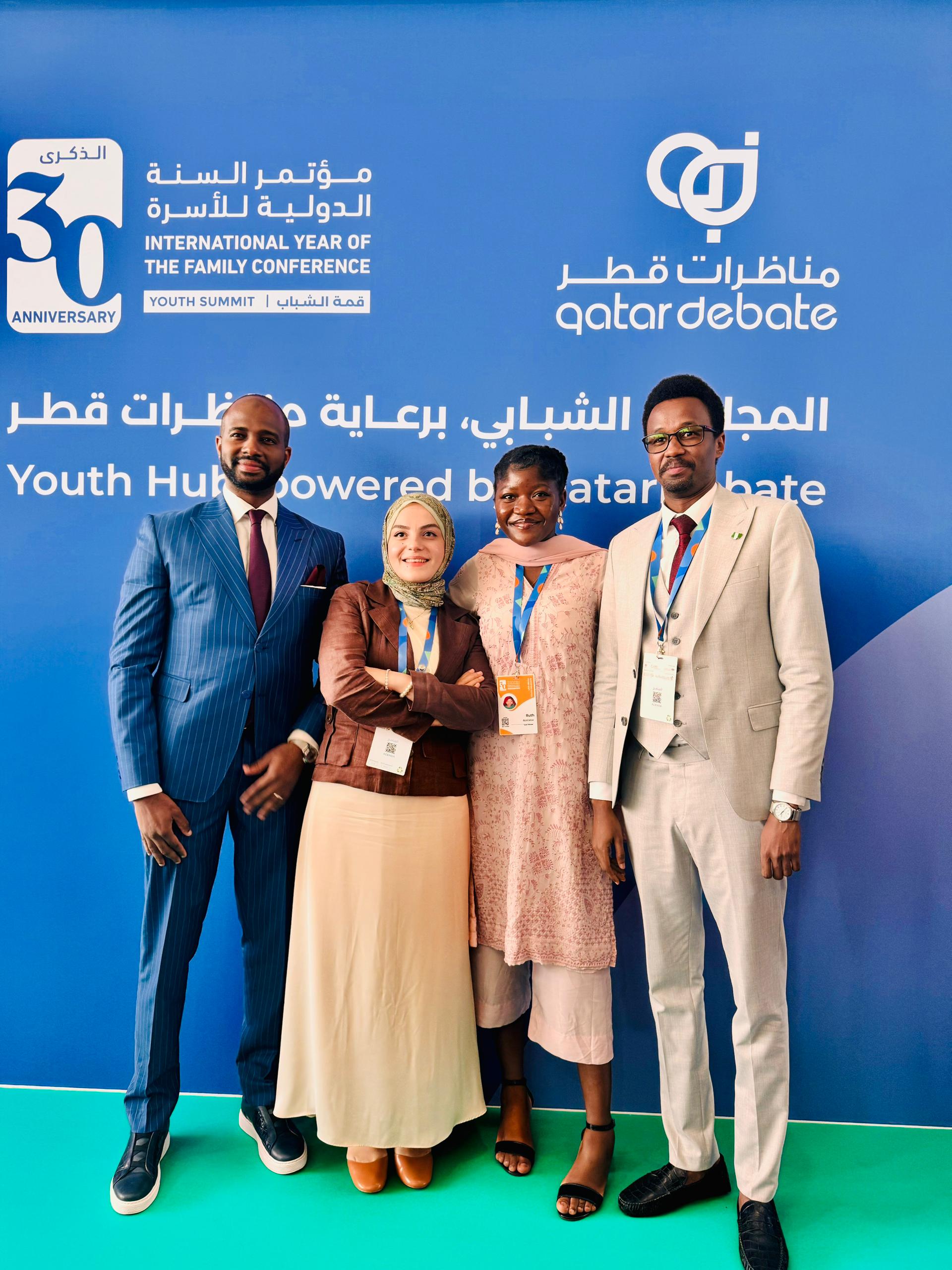Sitting at the dinner table with the friends I made this week, I could not help but reminisce on how, when I first moved to Istanbul, I had never imagined myself sitting at dinner with youths from all around the world. During the first round table discussion about urbanization and migration that I co-chaired with Chris Jo from Korea, I learned that, just like me, most youths who attended DIFI IYF+30 this year moved from their home countries to other countries for various reasons ranging from school to work. When I first moved to Istanbul, I was lonely. I had left my family and everything I had grown to know and love in search of a better educational opportunity. The language barrier was a blockade to making new friends at that time, and even today, it still rears its head every once in a while. Listening to and engaging with youths as we discussed how migration of individuals and families impacts the migrants themselves, their families, and their host environment got me thinking about how, no matter how different our experiences are as we move across oceans, we still hold on steadfastly to our sense of family. Regardless of our diverse backgrounds, we all agreed that the impact of migration and urbanization on families is something we cannot undermine. From living in urban areas that are less welcoming to family life, to the continuous push for individualism through economic development, infrastructural projects, and workplace policies, we agreed that urbanization, as it currently stands, is not compatible with the family structure. We discussed how vertical structures and studio apartments inadvertently push for the isolation of the individual and the breakdown of the family. If a migrant cannot bring their family with them—whether due to a lack of accommodation, workplace policies that do not support families migrating together, or financial constraints—this can sever ties between the migrant and their family.
Listening to and engaging with youths as we discussed how migration of individuals and families impacts the migrants themselves, their families, and their host environment got me thinking about how, no matter how different our experiences are as we move across oceans, we still hold on steadfastly to our sense of family. Regardless of our diverse backgrounds, we all agreed that the impact of migration and urbanization on families is something we cannot undermine. From living in urban areas that are less welcoming to family life, to the continuous push for individualism through economic development, infrastructural projects, and workplace policies, we agreed that urbanization, as it currently stands, is not compatible with the family structure. We discussed how vertical structures and studio apartments inadvertently push for the isolation of the individual and the breakdown of the family. If a migrant cannot bring their family with them—whether due to a lack of accommodation, workplace policies that do not support families migrating together, or financial constraints—this can sever ties between the migrant and their family.

One point of consensus in our discussion was the impact of migration on the mental health of migrants. If individuals cannot migrate with family members who could act as buffers for mental health challenges, the act of migration itself can become an exacerbating factor for mental health crises faced by migrants.
After identifying the problems migrants face due to urbanization, we proposed some policy solutions to help alleviate these issues. We suggested that governments take the initiative to invest in rural areas to reduce incentives for people to migrate to urban areas. This involves establishing schools, hospitals, family-friendly parks and gardens, improving roads, and emphasizing the importance of employers encouraging remote work whenever possible, so employees do not have to leave their families. We also proposed that the government should incentivize private corporations to set up facilities within rural areas to provide employment opportunities and decentralize development within regions to prevent overcrowding in urban areas. For me, the most important policy proposal was for the government to oversee the construction of housing within urban areas to ensure that it is family-friendly and affordable. This would enhance the experiences of migrants, especially as it provides an avenue for those who need to migrate to do so with their families.

Beyond the round table discussions, I had the privilege of engaging with some of the most brilliant minds I have ever met. Learning about their fields of work, their passions, and the actions they are taking to achieve their goals served as high motivation for me. I also had the pleasure of attending several sessions with panel discussions between us youth and policymakers like Her Excellency Vjosa Osmani-Sadriu, H.E. Hussein Mwinyi, and First Lady Jeannette Kagame.
I particularly enjoyed debating with Mubarrat on whether parents should have access to their children’s social media accounts, as well as listening to other debates that took place throughout the conference. These were opportunities to voice our opinions on issues that affect our various families, and I am grateful for the experience. As was echoed throughout the week, we are the future, and the future is here. We need to have important debates and discussions about this future and how we can best ensure that we have strong family structures to support us as we grow, chase, and achieve our dreams. These discussions have given me hope that in the future, migrants like myself, regardless of language barriers would have a much smoother transition period with their families supporting them rather than being far away from them.

As we all work in our various capacities to promote a steadfast bond and cohesion within families, I cannot wait to hear all about the amazing achievements of the youth I had the pleasure of engaging with during this year's International Year of the Family conference. To the new friends I made at the conference and the old friends I had the pleasure of catching up with, it is always lovely seeing you all. To Mubarrat and Amanda, we cannot say enough thanks for all your hard work before, during, and after the conference. We really appreciate all that you have done. Thank you! To the Doha International Family Institute as well as the other sponsors and organizers, thank you very much for bringing us all together to discuss our future and create real possibilities for change.
Category: Random Musings
116
4


Comments
Congratulations on traveling to different countries and doing what’s needed for your future—I envy you, Ruth! 😀 I'm glad you had a great time; after all, that's what life is all about.
UlaşThank you for the kind words Ulaş!
Ruth Selorme